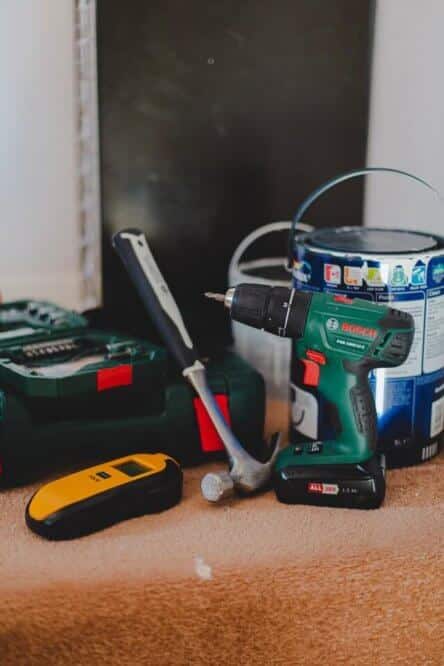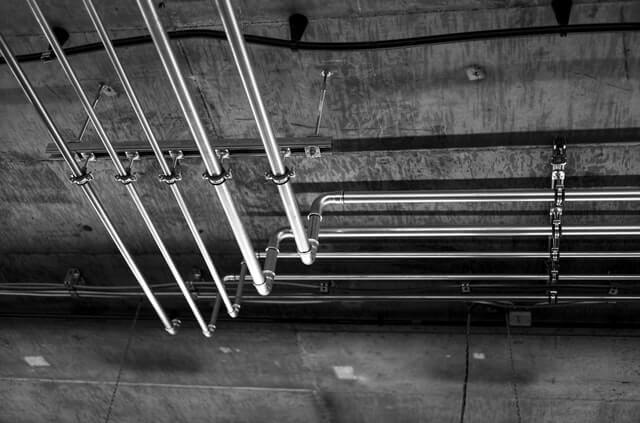Water pumps may not be thought about much in today’s era of modern technology, but they are still quite useful. Water pumps are used to move water from one place to another and are essential to certain jobs and industries.
Water Powered Backup Sump Pump Vs Battery
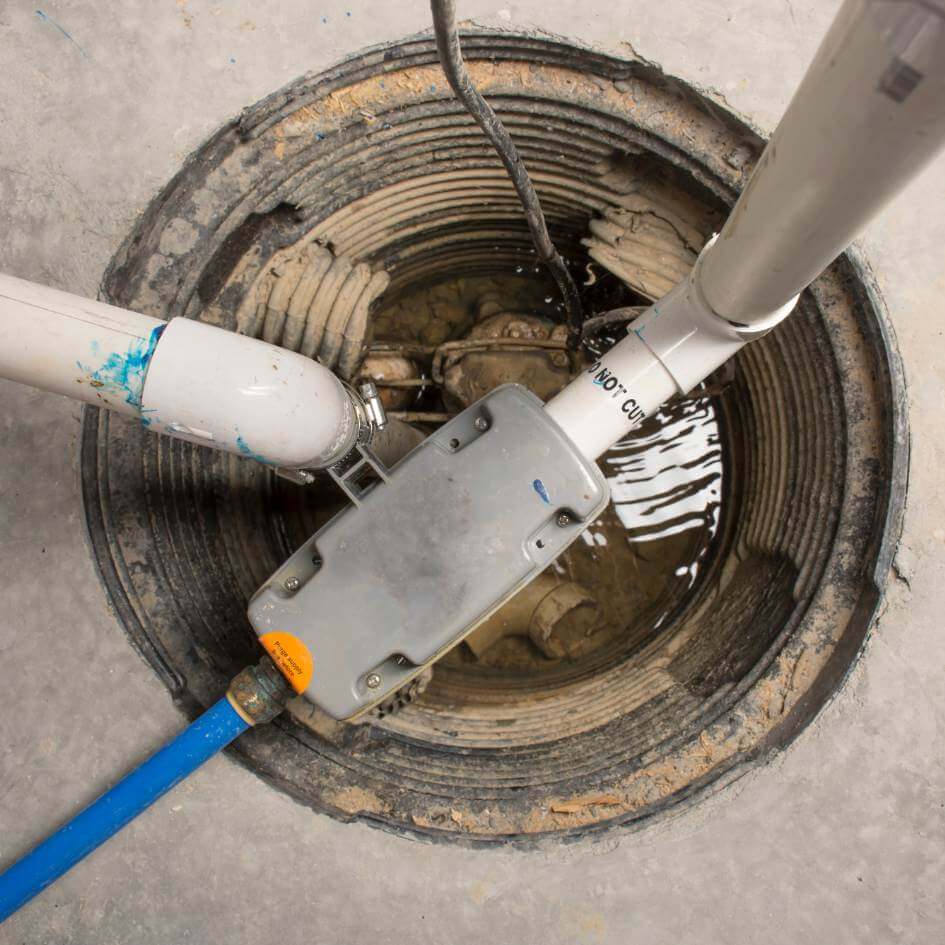
What most consumers might not realize is that they are also still crucial for homes. Water pumps are vital for getting an abundance of water out of your home in emergencies. These pumps are mainly used to get water out of basements and crawl spaces. If you are in the market for a water pump and can’t choose between a water powered backup sump pump or a pump powered by a battery, the following information may help solve your problem.
What is a Water Powered Backup Sump Pump?
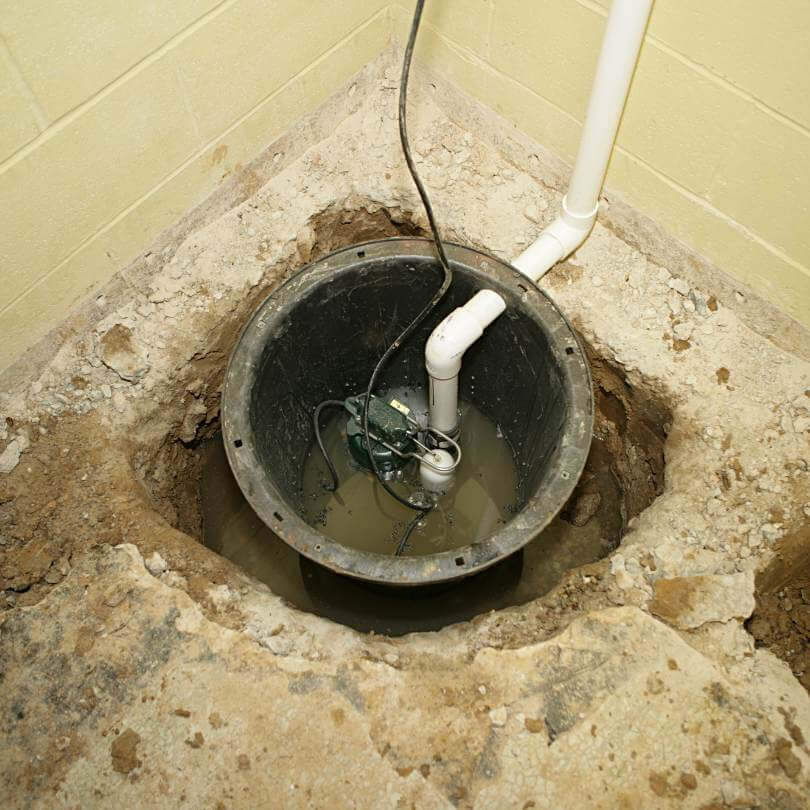
A water powered backup sump pump is an emergency backup pump that helps keep a home dry if the main sump pump fails to function. Another emergency where a backup sump pump might kick in is if there is a power outage due to heavy rainfall. If this happens and the water starts rising above the main pump’s float, the backup sump pump will automatically start working.
From the above description, it is obvious that a water pump would be crucial to the home. That is why it is a good idea for homeowners to figure out what the best water pump is for their situation. Let’s take a closer look at the two types.
Advantages of a Water Powered Backup Sump Pump
The advantages of a water powered pump are greater in number, but those advantages come with drawbacks that you will see later.
- Low Maintenance: Since water powered backup sump pumps have simpler designs, they are considered to be more low maintenance. These types of pumps have fewer moving parts to maintain. However, it is advised that you test your pump every few months or when needed.
- No Batteries: With a water powered pump, there is no need to replace batteries and that’s good news for your wallet.
- Better Shelf Life: The average life span of a water powered pump is considered to be 10 years. What you may not know is that there are some ways you can lengthen that lifespan to 20 years.
- You can test it for an entire cycle
- Check it consistently for leaks and strange sounds
- Test regularly for hardware malfunctions
- Reliability: As long as you have water, these pumps should be able to kick on in emergencies.
- Potentially Unlimited Run Times: Due to the above factor, a water powered pump would be able to run as long as there is water in the house. However, this would also come with a disadvantage that you will see soon.
Disadvantages of a Water Powered Backup Sump Pump
Some of the disadvantages of water pumps may be directly correlated to their advantages. This is why it is extremely important to carefully weigh your pros and cons.
- Low Pumping Volume: Water powered pumps have a lower pumping rate when compared to other types of pumps. On average, water powered pumps remove 1,324 gallons per hour. That is a lower rate than the battery operated pumps, but we’ll get to that soon.
- Constant High Water Pressure: These types of pumps need constant high water pressure to be able to work. The estimated amount is said to be 40 to 60 psi. If your home has a lower water pressure, it might not remove all of the water.
- Not So Great for the Water Bill: Water powered pumps may result in more expensive water bills if used for an extended period.
- Uses Fresh Water: Many people may be opting for a battery operated pump based solely on the fact that it uses fresh water that could be utilized for human consumption.
- Homes With Wells Cannot Use Them: A power outage would shut off the well pump.
- Specific Plumbing System Needed: In order to be able to utilize a water powered sump pump, your home would need to meet a certain criteria. It would depend on the status of your water pressure, flow rate, pipe types, and any restrictions in your piping.
- High Installation Fees: Water powered pumps require more effort and work to be installed. Most would not be able to install them on their own. Due to this factor, high installation fees would ensue.
What is a Battery Powered Water Pump?
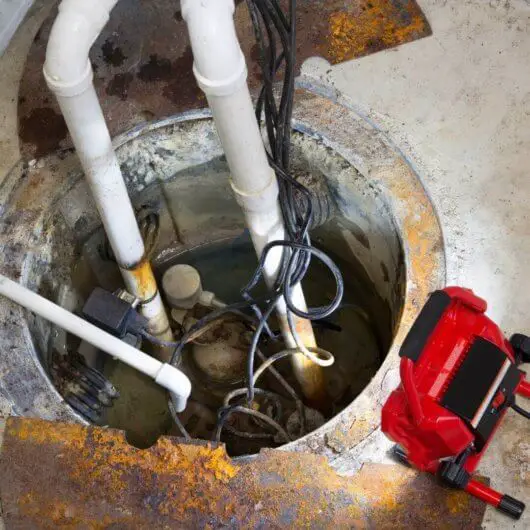
A battery backup sump pump is a separate pump system that is installed adjacent to your main electric pump. A typical one may run on 12 volts or 24 volt DC battery power. These have been on the market even longer than water powered pumps.
Advantages of a Battery Powered Backup Sump Pump
The advantage list of the battery powered pump may be smaller than the water powered pump, but battery powered pumps may be seen as easier to handle. Some users may consider this advantage to outweigh all the cons of the battery powered pump.
- Easier to Understand and Run: Since these pumps are no more complicated than being run by a battery, they are more straightforward.
- Versatile: Unlike the water powered pumps which can’t be run by homes with wells, most homes can use battery powered pumps.
- Simpler Installations: Battery powered pumps often use the same discharge pipe as the main sump pump which makes the installing process much easier than water powered pumps.
- Higher Pumping Volume: The average rate per hour in which a battery powered pump can remove water is 2,400 gallons.
Disadvantages of a Battery Powered Backup Sump Pump
Though these specific disadvantages may turn some users away, it is important to note that the battery powered sump pump has a shorter list of disadvantages than the water pump.
- Low Run Times: Unfortunately, the disadvantages of a battery powered sump pump comes from its very source of power; its battery. If you have a power outage, there will be a limit to how long the pump can continue working. The battery will eventually die and have to be recharged. Some experts may suggest investing in an extra battery.
- Low Shelf Life: The batteries that keep these pumps going must be changed every 3-5 years. In order to be prepared for emergencies, you should regularly monitor the health of your battery. This would include running regular tests and changing the battery when necessary.
How to Choose?
Now that you know most of the ins and outs of these two types of sump pumps, it is time to choose the best water pump for you. One easy way to narrow it down immediately is this; do you have a well on your property? If you do, you can’t use a water powered pump. Go with a battery operated one. For everyone else, stay with me. These bulleted lists may help you narrow it down. As you go through them, keep in mind what is most important to you, what you can handle, and what you are not willing to deal with.
Go for a Water Pump If…
What do you value most in what would be the best water pump?
- Lower maintenance with less need for monitoring and repairs
- You don’t want to have to deal with purchasing and changing batteries
- A long shelf life
- Reliability and longer running times
Don’t Go for a Water Pump If…
- You don’t want to deal with low pumping volumes.
- You can’t maintain a high water pressure.
- You fear for your water bill.
- You hate the idea of the water pump using fresh drinking water.
- You don’t have the specific criteria for your plumbing system.
- You don’t want to pay a high installation fee.
Go for a Battery Pump If…
- You need a pump that is easy to understand and run.
- You have a home with a well.
- You want a simpler installation that you can possibly do yourself.
- You need a higher pumping volume.
- You hate the idea of the water pump using fresh drinking water
Don’t Go for a Battery Pump If…
- You want a higher running time.
- You want a higher shelf live.
- You don’t have a well and want a water powered pump.
Read Also: Sump Pump Clogged With Sediment
Choosing the best water pump for your home can be daunting, especially if you have no idea how any of these pumps work. Hopefully, this little guide has made things clearer for you. If you have a well on your property, the decision is made for you.
Otherwise, it may be down to what you value in your ideal best water pump. If you decide on the battery route, there are many options available as there are for water powered pumps. You just need to know where to look and do your research before making a decision.

Michael Davis is a heating & plumbing expert who currently works as independent contractor in SC. He also writes for Plumbertip.
For almost 10 years he worked on various plumbing tasks across South Carolina.
